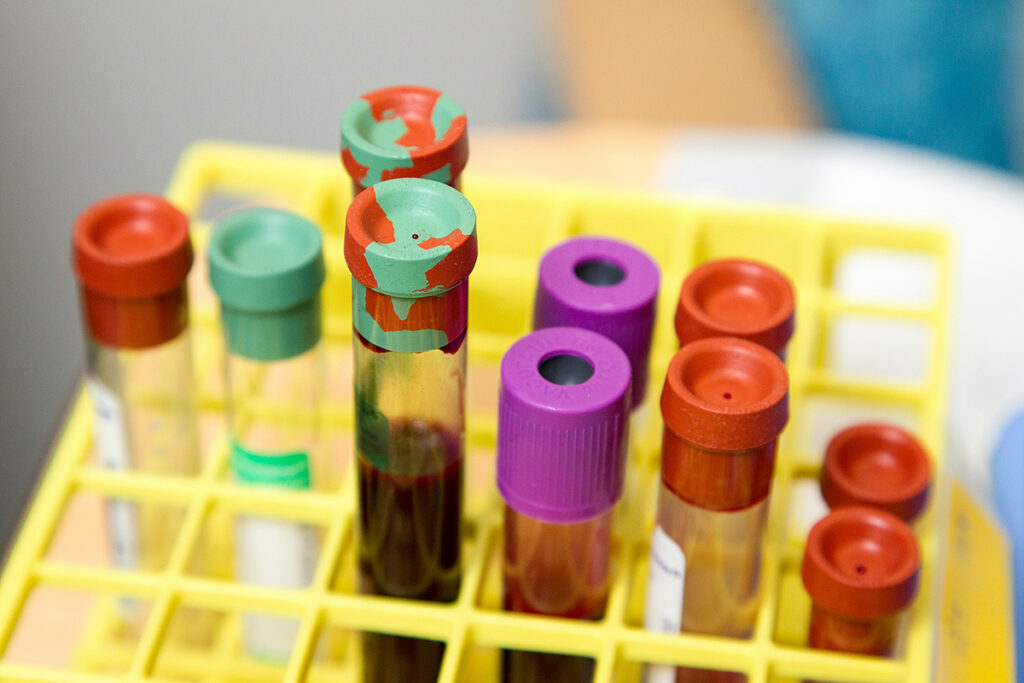The complement system, a part of the immune system composed of blood proteins, enhances the ability of immune cells to destroy pathogens. In its active state, complement components form the membrane attack complex, which disrupts the integrity of foreign cells, leading to their destruction. The complement system is necessary for maintaining inflammatory responses, protecting against infections, and eliminating damaged cells. Excessive complement system activity results in tissue damage and impaired blood clotting, promoting thrombus formation.
The complement system is activated when antibodies bind to foreign proteins for the immune system. Complement activation is promoted by the presence of autoantibodies, antibodies to the herpes virus, and tissue damage. Severe COVID-19 is associated with autoantibody formation and inflammation, which persists even after recovery and may contribute to complement activation and post-COVID syndrome. Acute COVID-19 activates the complement system, with activation persisting for up to 6 months after the illness.
Acute COVID-19 Activates the Complement System, Activation Persists 6 Months After Illness
Scientists collected blood samples from healthy individuals, patients with severe and mild COVID-19, and those who had recovered from COVID-19 6 months ago. Levels of blood proteins significantly differed between groups. The blood protein composition also differed between fully recovered patients and those suffering from post-COVID syndrome.
Patients with post-COVID syndrome exhibited significantly reduced levels of complement component 7 (C7). C7 is necessary for the formation of the membrane attack complex (MAC), binding to the C5bC6 complex and complement components C8 and C9. In patients with post-COVID syndrome, C7 levels consistently decreased during the 6-month observation period. There were no differences in C7 levels between healthy individuals and patients with mild or severe COVID-19, indicating that the decrease in C7 is solely associated with post-COVID syndrome.
Concurrently, patients with post-COVID syndrome showed significantly increased levels of the C5bC6 complex, also necessary for MAC formation. The C5bC6/C7 ratio was elevated both during acute COVID-19 and 6 months later. The level of interferon alpha-2 inversely correlated with C7, and the level of IL-6 correlated with C5bC6. This confirms increased complement activity and altered immune system function not only during acute COVID-19 but also for an extended period after recovery.
Increased complement activity contributes to thrombus formation and tissue damage
Patients with post-COVID syndrome exhibited decreased activity of antithrombin III peptides, indicating increased antithrombin III breakdown, which controls blood clotting. Reduced antithrombin III levels may contribute to thrombosis.
Increased complement activity leads to erythrocyte destruction and thromboinflammatory reactions, including platelet and endothelial activation, as well as neutrophil activation. In post-COVID syndrome patients, levels of blood coagulation factor VIII increased, and the ratio of low-density lipoproteins to high-density lipoproteins increased, posing a risk factor for cardiovascular diseases.
Antibodies to herpes viruses may contribute to complement activation
Patients with post-COVID syndrome exhibited elevated antibodies to the Epstein-Barr virus and cytomegalovirus, not observed in fully recovered patients. High levels of these antibodies were associated with complement activation. This suggests that herpes virus reactivation may contribute to the development of post-COVID syndrome.
Conclusion: Predicting Post-COVID Syndrome from Blood Analysis
The risk of developing post-COVID syndrome within a year can be assessed through biomarkers such as:
- C5bC6/C7 ratio.
- vWF/ADAMTS13 ratio – von Willebrand factor (vWF) to a protease that cleaves von Willebrand factor (ADAMTS13). Von Willebrand factor is a protein necessary for platelet attachment to damaged vessel walls and thrombus formation. ADAMTS13, on the other hand, reduces thrombus formation.
- Patient’s age and body mass index.
Antiviral drugs that suppress coronaviruses and herpes viruses may reduce thromboinflammatory reactions. Therapeutic agents targeting the complement system may benefit the treatment of post-COVID syndrome.
Useful article, necessary information? Share it!
Someone will also find it useful and necessary:
Reference
Persistent complement dysregulation with signs of thromboinflammation in active Long Covid



